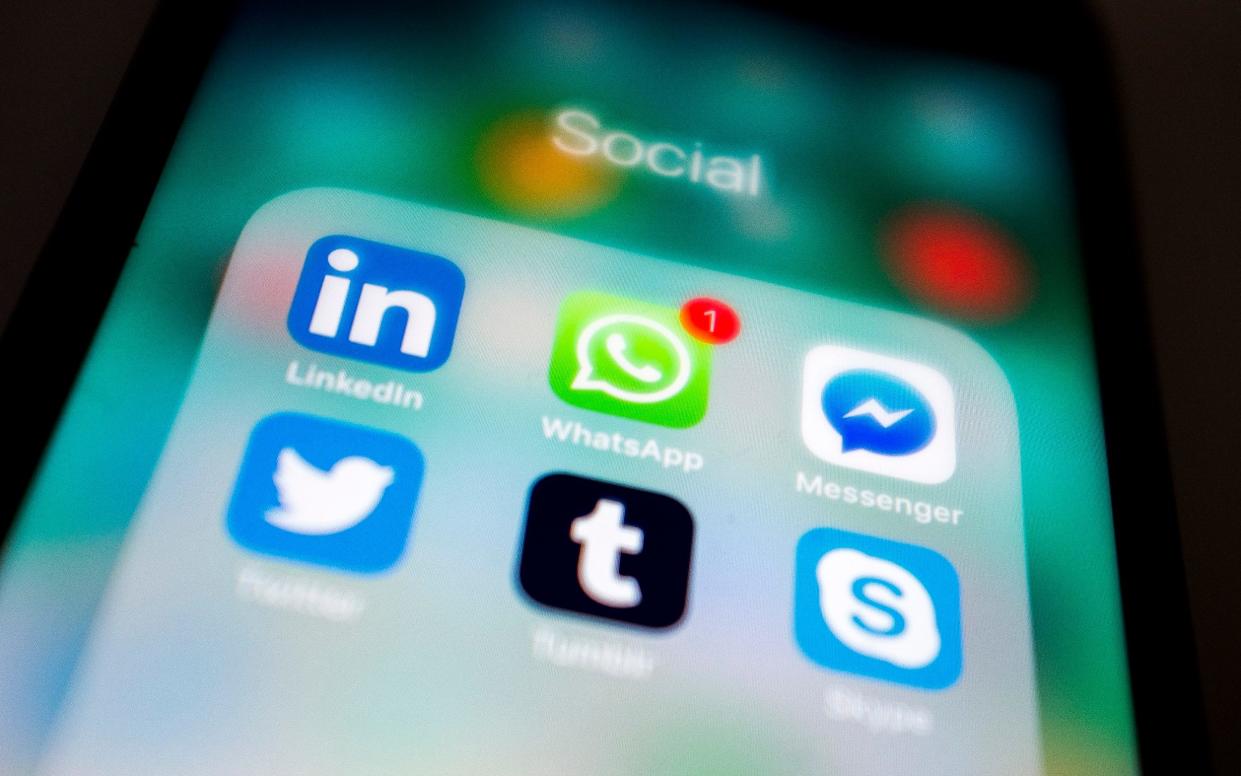WhatsApp mirrors Snapchat with new screenshot-blocking feature

WhatsApp is bringing in a new screenshot-blocking feature that resembles SnapChat to tempt privacy-conscious users back to the service as parent company Meta struggles with shrinking sales.
The changes include the ability to block screenshots of time-limited messages, hiding one’s online presence from other WhatsApp users and leaving group chats without notifying others.
WhatsApp owner Meta’s chief executive Mark Zuckerberg said: “We'll keep building new ways to protect your messages and keep them as private and secure as face-to-face conversations.”
The ability to block screenshots mirrors one of the main functions of SnapChat, which alerts the sender of a time-limited photo if it is screenshotted before it self-deletes.
Joseph Teasdale, head of tech at Enders Analysis, said the changes were “fairly minor product updates designed to keep WhatsApp competitive”.
He added: “Mark Zuckerberg seems to be trying to return to the founder-led tech startup model of placing huge, bold bets on the future. The question now is, how easy is it to make those big bets work when you're not talking about a nimble startup, but a $500bn behemoth?”
Mr Zuckerberg’s other gamble is the metaverse concept, which relies on people living their professional lives in an alternate digital world accessed by wearing virtual reality headsets.
Meta suffered its first ever drop in revenues in its 18 year history in July. Its second-quarter financial results fell $200m short of the $29bn (£24bn) it booked in the corresponding three-month period last year.
WhatsApp’s privacy-focused changes come as the company launches a campaign to “explain” its technology in Britain and India.
Both countries’ regulatory agencies have signalled that they will crack down on secure messaging apps so government regulators and others can unobtrusively read users’ messages.
Big tech companies have been trying to woo privacy-conscious Britons even as the government’s Online Safety Bill threatens to unleash a regulatory crackdown on secure messaging apps.
Samsung is currently running a TV advertising campaign highlighting its Knox feature on Android smartphones. Knox is an encrypted file storage area that the South Korean handset maker says can be used to protect personal or financial information.
Apple, whose iMessage service is a direct competitor to WhatsApp, has faced sustained criticism from regulators around the world after an abortive move to break its privacy protections last summer.
In August 2021 the world’s most valuable company published plans to introduce automated scanning for banned content on iPhones, a move that would have made end-to-end encryption technology pointless.
Apple abandoned those plans after a global backlash from privacy advocates.
The UK's Online Safety Bill is set to return to Parliament in the autumn session after a new Conservative leader is elected by party members.
Current front-runner Liz Truss has vowed to bring the bill into force if she wins the contest, as has her rival Rishi Sunak. Both candidates have pledged to review its contents, though neither has indicated specific changes.

